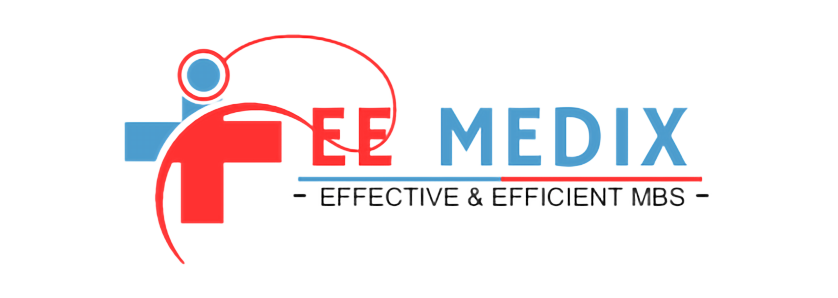Introduction
In the intricate world of healthcare, understanding billing codes medical is paramount. These codes are not just numbers; they are the keys that unlock the financial aspect of the medical industry. In this article, we’ll delve into the intricacies of Medical billing codes, shedding light on their significance, how they work, and why they matter. So, let’s begin our journey into this essential aspect of the healthcare landscape.
Billing Codes Medical: Deciphering the Basics
The Significance of Medical Billing Codes
Medical billing codes are alphanumeric representations that encapsulate various aspects of a patient’s healthcare encounter. These codes are crucial for healthcare providers, insurers, and patients themselves.
The Role of Billing Codes in Healthcare
Billing codes serve multiple purposes in the healthcare ecosystem. These codes also aid in data analysis, enabling healthcare organizations to improve services and patient care.
Types of Medical Billing Codes
There are several types of billing codes medical, including Current Procedural Terminology (CPT), International Classification of Diseases (ICD), and Healthcare Common Procedure Coding System (HCPCS) coding. Each type serves a specific purpose, from describing medical procedures to diagnosing illnesses.
Understanding the Hierarchical Structure
CPT Codes: Procedures and Services
CPT codes, maintained by the American Medical Association, detail medical procedures and services. They encompass a wide range of healthcare activities, from routine check-ups to complex surgeries.
ICD Codes: Diagnosing Conditions
ICD codes, overseen by the World Health Organization (WHO), are used to diagnose medical conditions and diseases. They provide a standardized language for reporting illnesses and their causes.
HCPCS Codes: Supplies and Equipment
HCPCS codes, managed by the Centres for Medicare & Medicaid Services (CMS), focus on medical supplies and equipment. These coding are vital for accurately biller for items like wheelchairs, prosthetics, and durable medical equipment.
The Importance of Accuracy and Compliance
Ensuring Accuracy in Medical Coding
Inaccurate medical coding can lead to financial repercussions for healthcare providers and confusion for patients. It’s imperative to ensure that codes are assigned correctly to reflect the services provided.
Compliance with Regulations
Medical coding is subject to various regulations, including those set forth by the Health Insurance Portability and Accountability Act (HIPAA). Compliance with these regulations is non-negotiable to protect patient privacy and data.
FAQs
Q: How often are medical billing codes updated?
A: Medical billing codes are regularly updated to reflect advances in medical procedures and technology. Updates typically occur annually.
Q: Can a single medical service have multiple medical coding?
A: Yes, complex medical services may require multiple codes to accurately represent all aspects of the procedure or service.
Q: Are medical coding system the same worldwide?
A: No, medical coding systems can vary by country. However, the principles of coding for healthcare services remain similar.
Q: Are there software tools to assist with medical coding?
A: Yes, there are specialized software applications designed to assist healthcare professionals in assigning and managing medical codes.
Conclusion
In the realm of healthcare, medical coding are the linchpin that ensures smooth financial operations. Understanding their nuances is vital for healthcare providers, insurers, and patients alike. By adhering to accuracy and compliance, we can ensure that the healthcare system functions efficiently and effectively. So, the next time you encounter a medical billing code, remember that it’s not just a number—it’s a key to understanding the complex world of healthcare finance.

